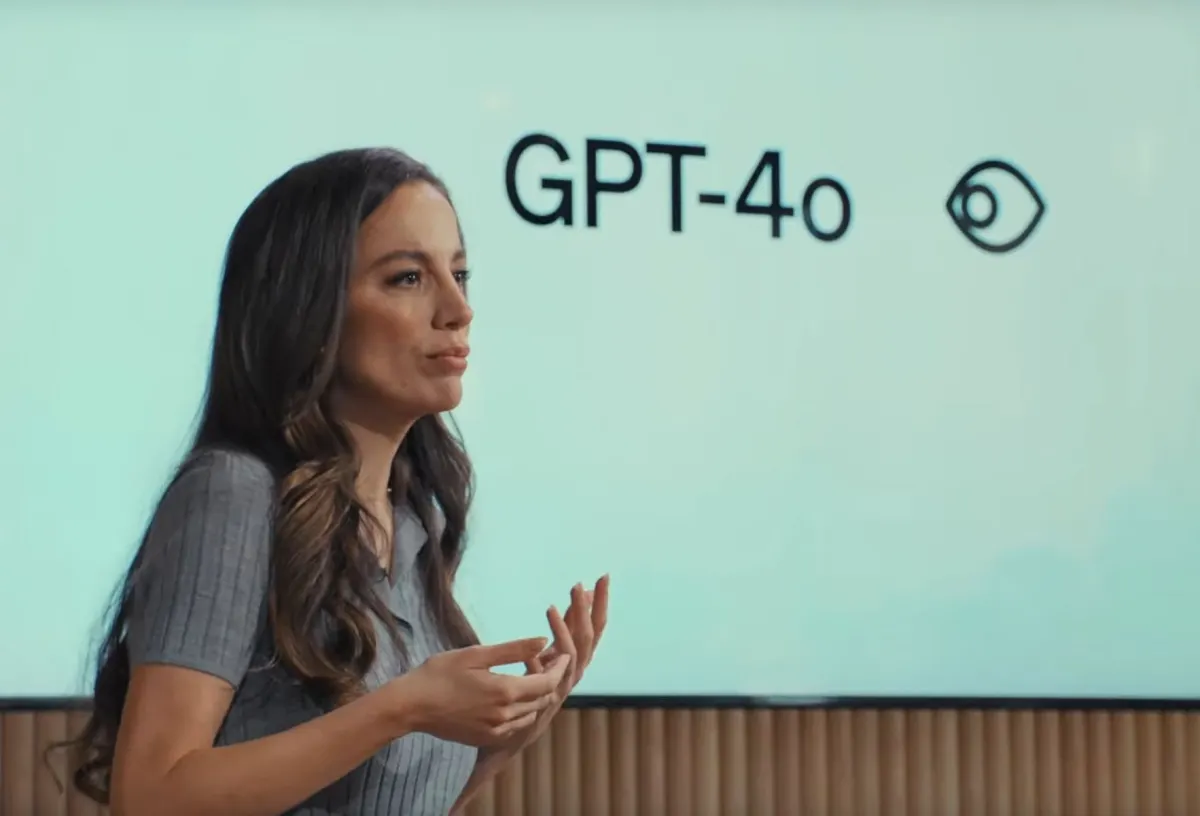Med-PaLM 2 currently tops the medical AI charts with its impressive 86.5% accuracy on doctor-level licensing exams. No caffeine required for this digital doc! Physicians praise its reliability for consumer health questions, while competitors like MediSearch and Healthcare GPT offer solid alternatives. Google and Microsoft have skin in the game too, with varying price points for their services. Stick around to discover which virtual health assistant might be your perfect medical matchmaker.
While Dr. Google has been your family physician for years (admit it), a new generation of medical AI tools is stepping into the virtual examination room. The competition for your hypochondriac late-night searches is heating up faster than a fever during flu season.
Med-PaLM 2 currently wears the white coat of champion, achieving a jaw-dropping 86.5% accuracy on USMLE-style questions—essentially performing at human expert level. Its predecessor, Med-PaLM, was no slouch either, being the first AI to score above 60% on these notoriously difficult medical licensing exams.
Med-PaLM 2’s 86.5% accuracy on medical licensing exams proves AI doesn’t need caffeine to ace tests that make human doctors sweat.
Physicians have actually praised these systems for providing accurate, helpful responses to consumer health queries. *Not bad for something that doesn’t have student loans to pay off.*
MediSearch positions itself as the specialist in the field, focusing specifically on medical questions with instant answers drawn from a tailored knowledge base. It’s like having a doctor who actually answers your messages right away—a medical miracle in itself. MediSearch outperforms typical general AI solutions with its impressive database of 30 million scientific articles ensuring reliable information.
For the enterprise crowd, Healthcare GPT from John Snow Labs (no relation to Game of Thrones) tackles complex medical questioning by drawing from clinical guidelines and research papers. The recently introduced multimodal version of Med-PaLM, called Med-PaLM M, adds the ability to process various data types beyond just text.
IBM Watson continues its reign as the elder statesman of medical AI, offering robust question-answering capabilities at a relatively affordable $0.0025 per API call. These tools are revolutionizing healthcare by enhancing diagnostics through advanced imaging analysis and pattern recognition.
Tech giants aren’t sitting this one out either. Google Cloud AI and Microsoft Azure Cognitive Services provide their own medical question-answering capabilities, integrated with their respective ecosystems.
Google’s offering starts at $0.01 per text analysis request, while Microsoft charges about $1 per 1,000 transactions.
The bottom line? Med-PaLM 2 currently leads the pack for accuracy, but your “best” option depends on your specific needs.
Consumer-focused? Try MediSearch. Enterprise solution? Consider Healthcare GPT or Watson. Already locked into a tech ecosystem? The Google and Microsoft options might be your prescription for success.
Just remember—none of these can actually write you a prescription. Yet.









